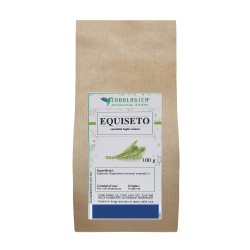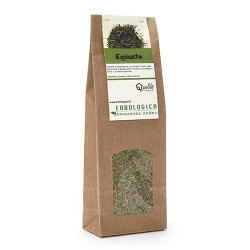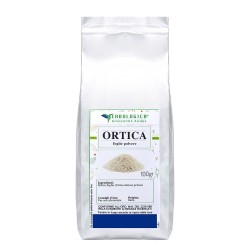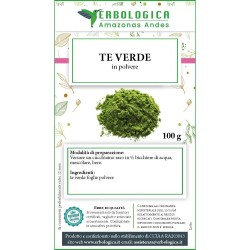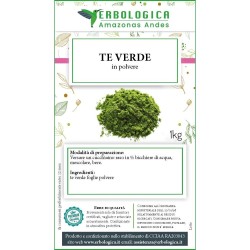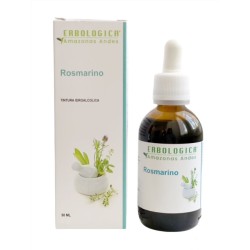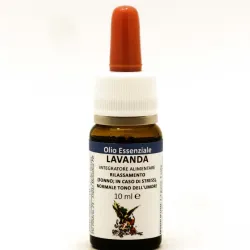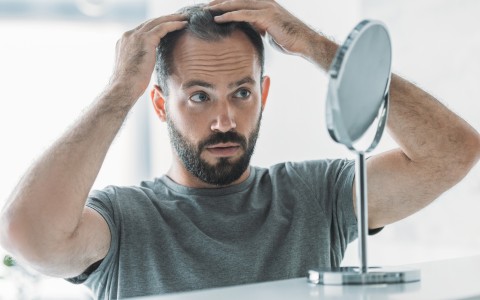
Stop alla caduta dei capelli con le erbe naturali
Trova un sostegno naturale per rinforzare la tua chioma
La caduta dei capelli può presentarsi in momenti diversi della vita e spesso è legata a stress, stanchezza, cambi di stagione o squilibri del cuoio capelluto.
Un approccio naturale aiuta a sostenere i follicoli e a donare nuova energia alla chioma, senza aggressioni o prodotti chimici.
Il diradamento può manifestarsi con capelli più fragili, meno volume e zone meno dense.
È una situazione comune sia negli uomini che nelle donne, ma una routine mirata può attenuare il problema e rinforzare progressivamente i capelli.
Molti rimedi erboristici sono tradizionalmente utilizzati per sostenere la ricrescita, migliorare la microcircolazione e donare mineralizzazione naturale ai follicoli.
Sono soluzioni delicate, efficaci nel tempo, che aiutano a mantenere un cuoio capelluto sano e attivo.
Una delle erbe più utili è l’Ortica foglie in polvere.
Da noi puoi trovare questa erba pura e naturale, disponibile in buste da 100 g, 200 g e 1 kg.
È ricca di vitamine e minerali che sostengono la forza dei follicoli e aiutano a ridurre la caduta.
Si può aggiungere alle tisane o utilizzare come base per impacchi delicati.
Molto utile anche l’Equiseto erba taglio tisana.
In Erbologica puoi trovare questa pianta ricca di silicio naturale, disponibile in confezioni da 100 g, 200 g e 1 kg.
Il silicio è fondamentale per capelli forti, elastici e resistenti, ideale nei periodi di forte indebolimento.
Un’altra erba preziosa è il Rosmarino, soprattutto in forma concentrata come la tintura madre.
La sua azione sulla microcircolazione può sostenere i follicoli e rendere i capelli più vitali.
L’uso regolare può aiutare a mantenere un cuoio capelluto più attivo e ossigenato.
In Erbologica.it troverai erbe selezionate e oli naturali che possono accompagnare con delicatezza una routine di benessere quotidiano, sostenendo i capelli nei momenti in cui appaiono più fragili.
Anche piccoli accorgimenti quotidiani possono fare la differenza: una dieta ricca di minerali, un sonno regolare, un massaggio delicato del cuoio capelluto e l’uso di prodotti non aggressivi aiutano a mantenere la chioma più sana.
Allo stesso modo, limitare fonti di calore eccessive e proteggere i capelli dal sole contribuisce a preservarne forza e densità.
Puoi approfondire altri suggerimenti utili nella pagina Ortica per capelli: tisane e trattamenti naturali per una chioma sana e nella nostra Capelli che cadono? i migliori rimedi naturali per rinforzarli dove troverai ulteriori informazioni sui benefici e sugli usi tradizionali.
Per approfondire il tema della cura dei capelli, puoi consultare informazioni chiare e affidabili su Humanitas: Perdita dei capelli, cause e trattamenti
Domande frequenti
Come usarlo ogni giorno?
Si possono preparare tisane, impacchi o aggiungere piccole quantità alle proprie bevande abituali per un sostegno quotidiano.
Fa bene alla salute?
Il corretto uso delle erbe può sostenere la vitalità del cuoio capelluto e l’elasticità dei capelli.
Si può abbinare ad altre erbe?
Sì, ortica ed equiseto si combinano bene con rosmarino o semi di lino per una routine delicata.
Qual è la dose consigliata ?
Si consiglia di usare piccole quantità e di mantenere la costanza nel tempo per risultati più armoniosi.
Contenuto esclusivo per erbologica.it – aggiornato a gennaio 2025


